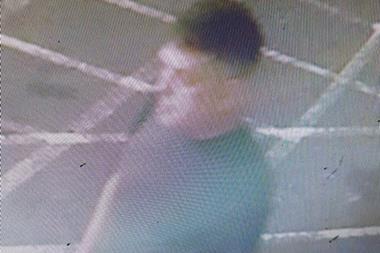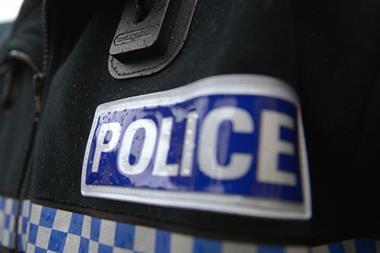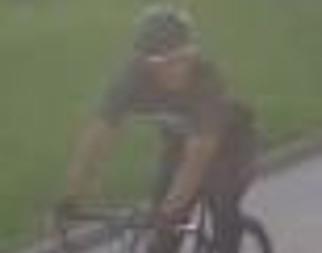A 13% rise in incidents of crime on Britain’s retail forecourts has been revealed by the latest BOSS Forecourt Crime Index. Rising fuel prices during the quarter have pushed up the average initial loss per site, before any BOSS Payment Watch
recovery, to £420 per site in Q3 2018 (Q2 2018: £346), an increase of 21.4%.
During the Q3 2018 the trend has been upward in all measured parameters, according to BOSS. Compared with 2018 Q2, fuel prices were up 3.6%, the number of No Means of Payment (NMOP) incidents reported to BOSS rose by 13%, the average volume taken rose by 3% and the total initial debt reported per site rose by 21.4%. The debt recovered in relation to the incidents reported in the quarter rose by 16%.
The summary of the Q3 2018 BOSS Index results show:
• The BOSS Forecourt Crime Index for Q3 2018 was 159, (Q2 2018: 139)
• Average initial financial loss before BOSS Payment Watch recovery was £420 per site during Q3 2018 (Q2 2018: £346).
• Net litres lost per site after BOSS Payment Watch recovery was 186 during Q3 2018 (Q2 2018: 154)
• BOSS has returned £1.2 million to forecourt retailers during the last 12 months - a 22.6% increase in recoveries during 2018 compared to the same period in 2017
The BOSS Index is based on the number of incidents reported to BOSS in each quarter, the index base of 100 was established in Q2 2015.
Kevin Eastwood, executive director of BOSS, said: “There is growing pressure on forecourt retailers as escalating fuel prices are clearly tempting more motorists to evade payment. It is essential that forecourt staff remain vigilant and when incidents occur that they record evidence accurately and retain all appropriate CCTV information. “
“BOSS is dealing with more than 5,000 incidents every month and we continue to recover significant amounts of money for fuel retailers. The latest survey results show that BOSS has again returned more than £1 million to our members during the last 12 months.”
Forecourt crime is estimated to cost retailers more than £30m annually, with some two thirds of crime resulting from drive-offs and the remainder coming from NMOP incidents.






























No comments yet